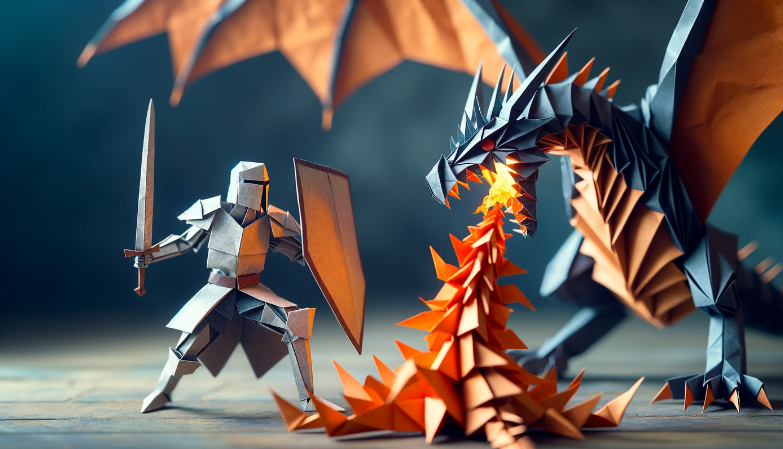 AI
AI
 AI
AI
 AI
AI
OpenAI LP said today its latest artificial intelligence text-to-image generator, DALL-E 3, is now available to ChatGPT Plus and Enterprise users through a direct integration with the ChatGPT application, while saying it has implemented various safety measures to mitigate against its generating harmful imagery.
DALL-E 3 was unveiled by the company last month, when it spoke about the various improvements it has added compared to its predecessor, DALL-E 2. With DALL-E 3, users can leverage ChatGPT to write longer, more descriptive prompts and feed these into it.
OpenAI said that, compared with DALL-E 2, the new model can generate images that are not just more visually striking, but also much crisper in detail. “DALL-E 3 can reliably render intricate details, including text, hands, and faces,” the company explained in a blog post. “Additionally, it is particularly good in responding to extensive, detailed prompts, and it can support both landscape and portrait aspect ratios.”
Another new feature in DALL-E 3 is that it offers the ability for users to generate text and typography that’s baked into the images it creates. This, OpenAI said, makes it especially useful for those who want to create business content such as marketing materials or inspiration for product designs. In this way, it added, it goes beyond many of its AI image generator rivals, including Adobe Inc.’s Firefly 2 and Stability.AI Ltd.’s Stable Diffusion.
Shortly after DALL-E 3 was first announced, it was added to Microsoft Corp.’s Bing Chat and Bing Image Generator. ChatGPT Plus and Enterprise users might only be getting access now, but they will at least be prioritized, with the ability to generate more images than regular users, and do so faster.
Regarding the safety guardrails OpenAI has implemented, these come after reports of users generating harmful images of the World Trade Center depicted as SpongeBob SquarePants fending off an attack by planes that look like other characters.
“We use a multi-tiered safety system to limit DALL·E 3’s ability to generate potentially harmful imagery, including violent, adult or hateful content,” the company wrote. “Safety checks run over user prompts and the resulting imagery before it is surfaced to users. We also worked with early users and expert red-teamers to identify and address gaps in coverage for our safety systems which emerged with new model capabilities. For example, the feedback helped us identify edge cases for graphic content generation, such as sexual imagery, and stress test the model’s ability to generate convincingly misleading images.”
Other safeguards are focused on limiting DALL-E 3’s ability to generate content in the style of living artists, and images of public figures. Finally, it has also made efforts to boost demographic representation with its images.
To enhance transparency, OpenAI has created a website that showcases the research that went into creating DALL-E 3, along with an image classifier tool that can tell with 95% to 99% accuracy if an image was generated by its own tools.
Support our mission to keep content open and free by engaging with theCUBE community. Join theCUBE’s Alumni Trust Network, where technology leaders connect, share intelligence and create opportunities.
Founded by tech visionaries John Furrier and Dave Vellante, SiliconANGLE Media has built a dynamic ecosystem of industry-leading digital media brands that reach 15+ million elite tech professionals. Our new proprietary theCUBE AI Video Cloud is breaking ground in audience interaction, leveraging theCUBEai.com neural network to help technology companies make data-driven decisions and stay at the forefront of industry conversations.